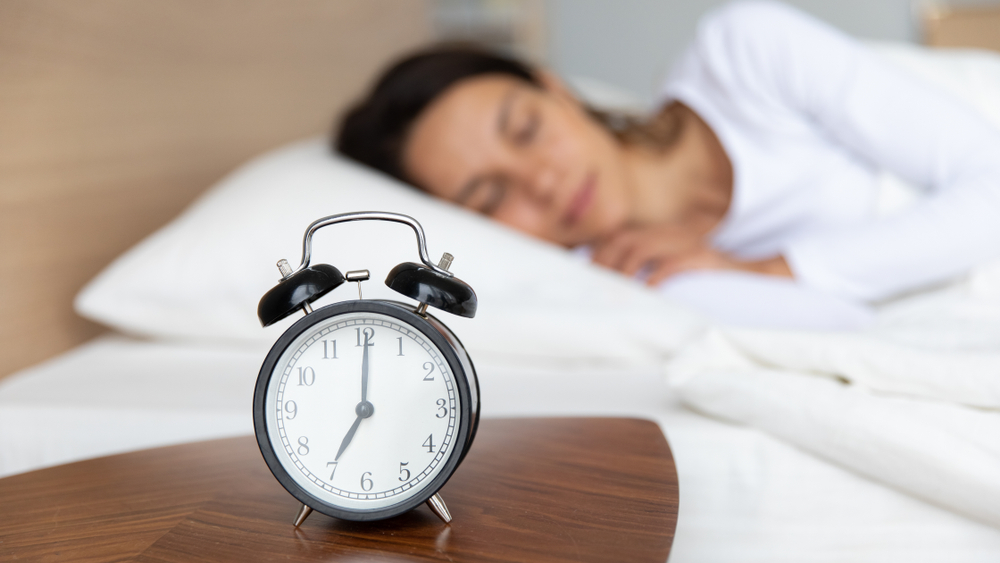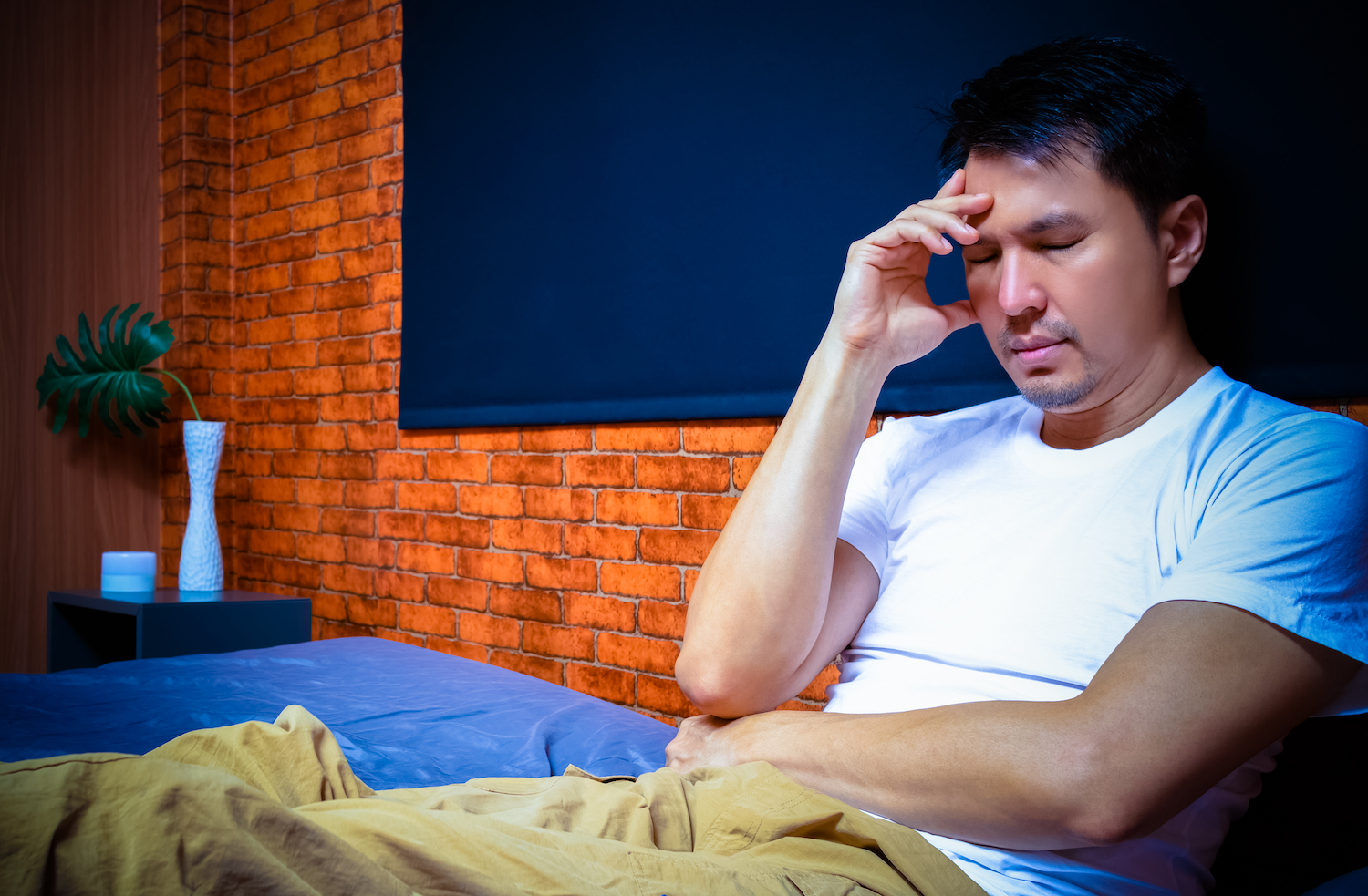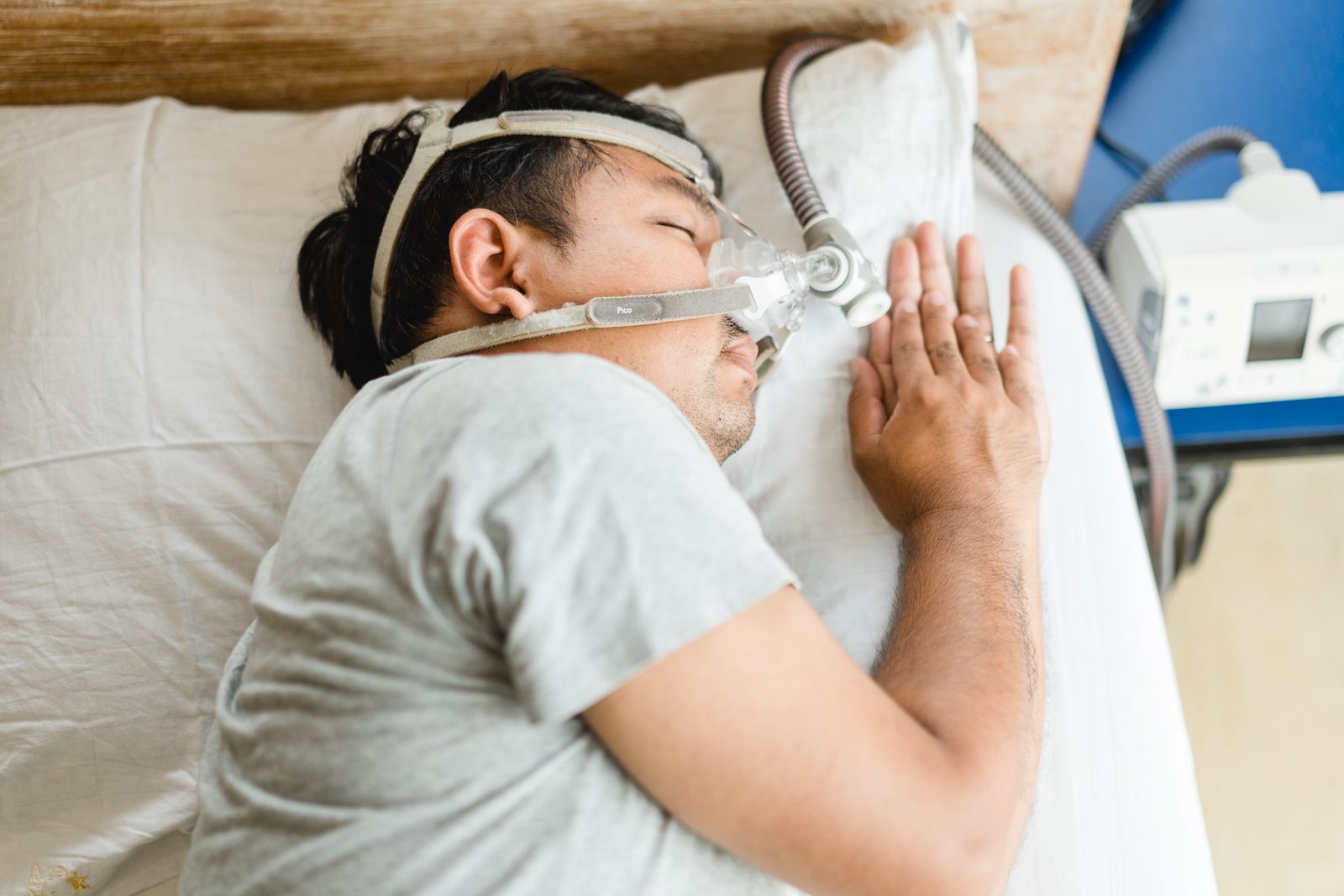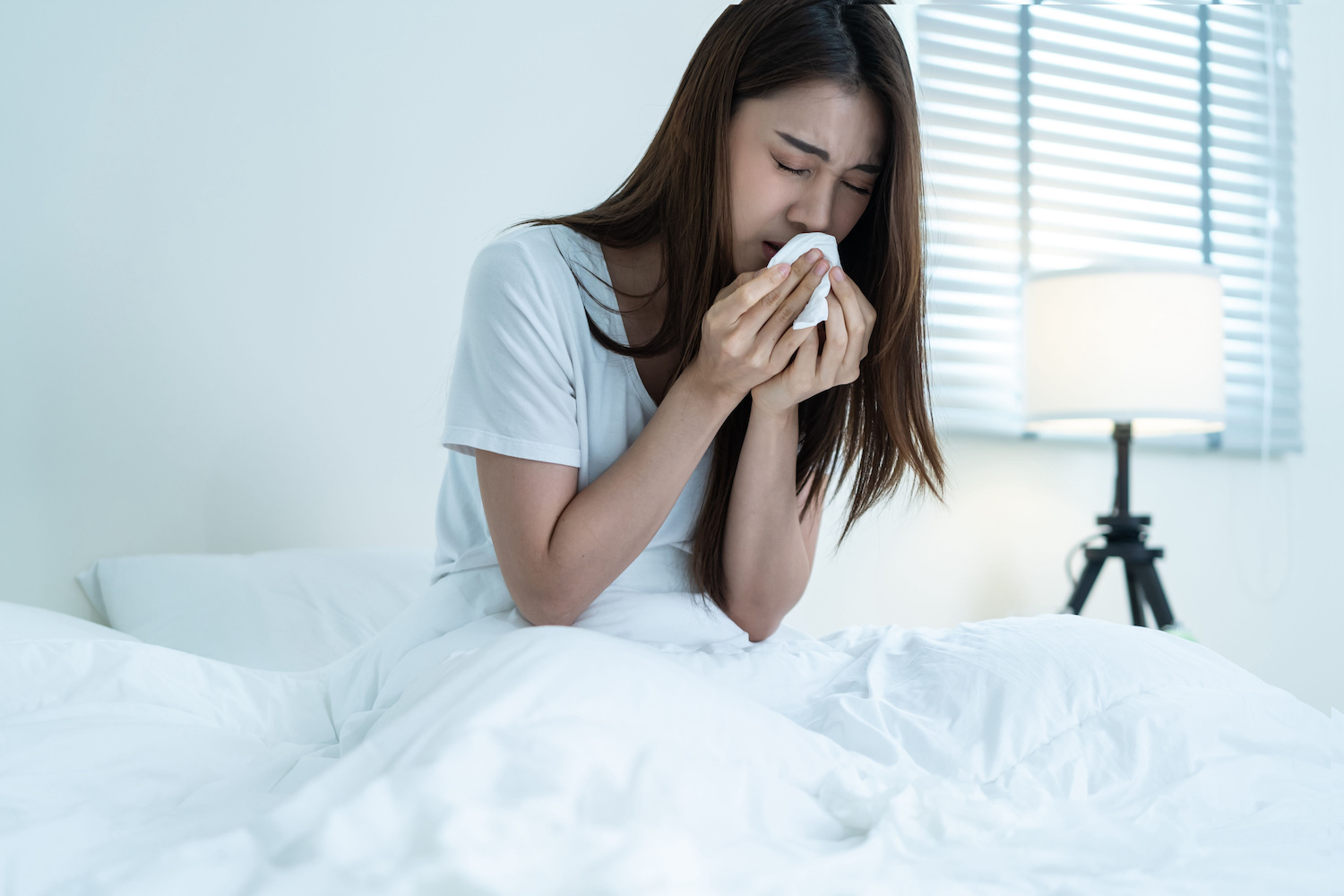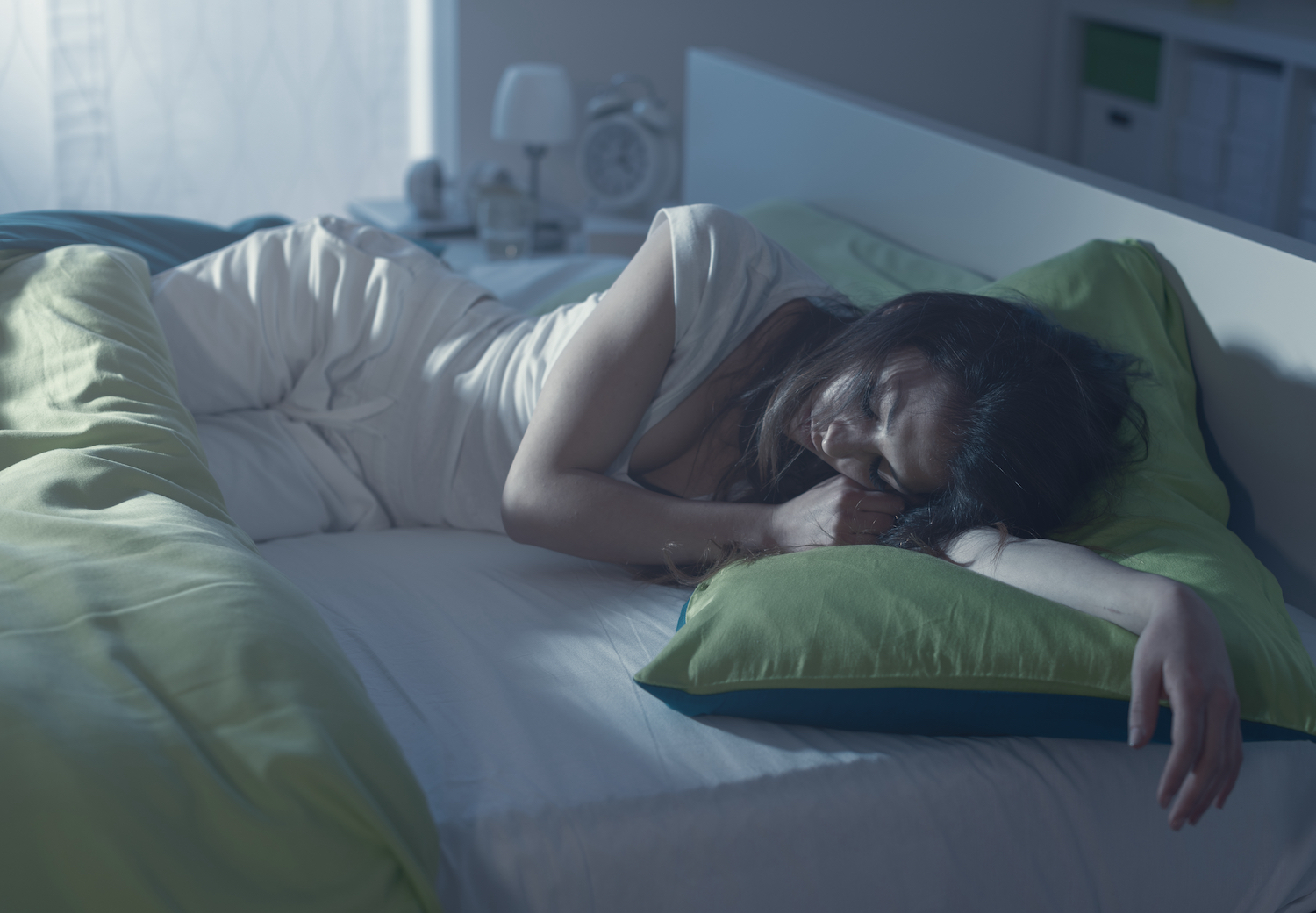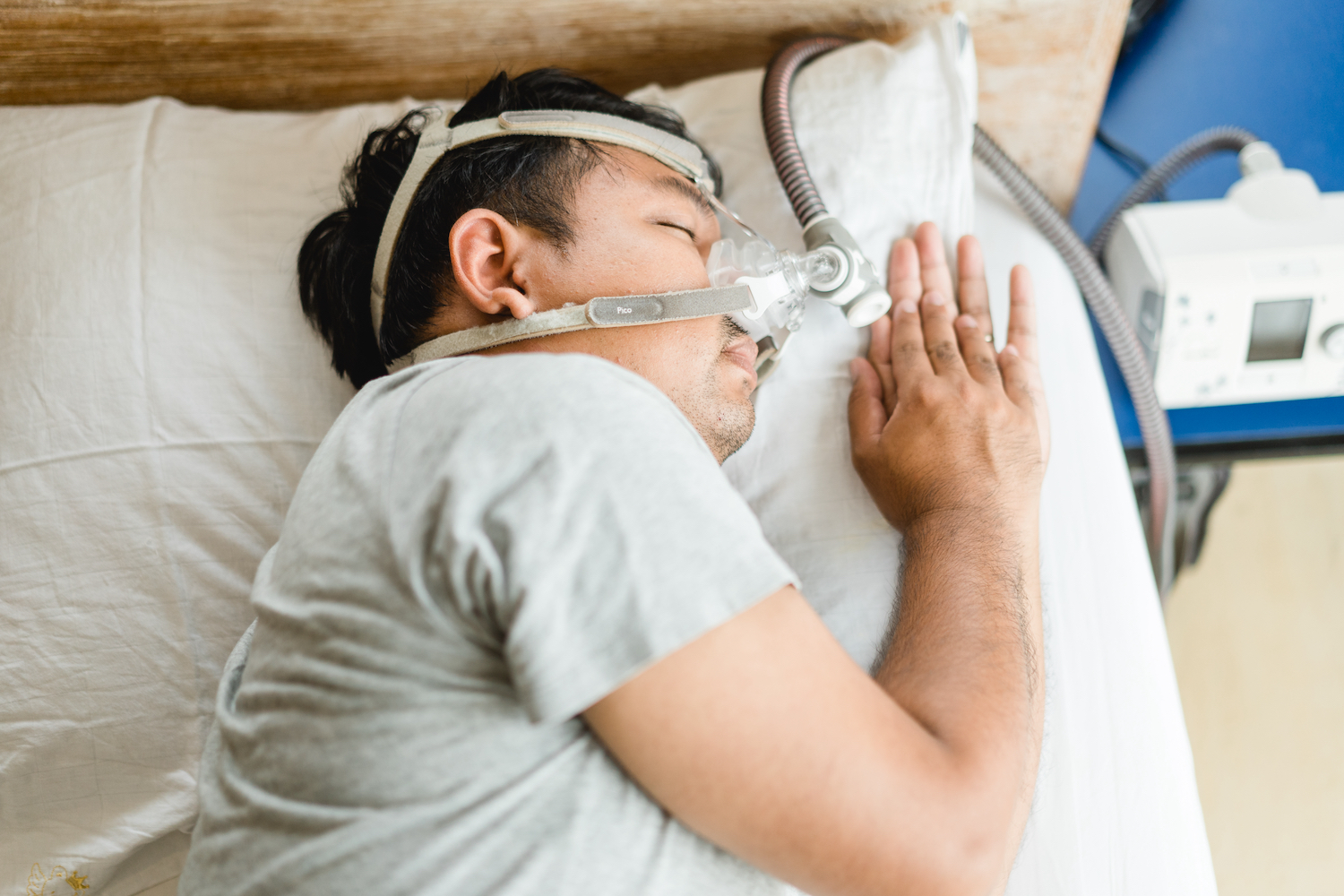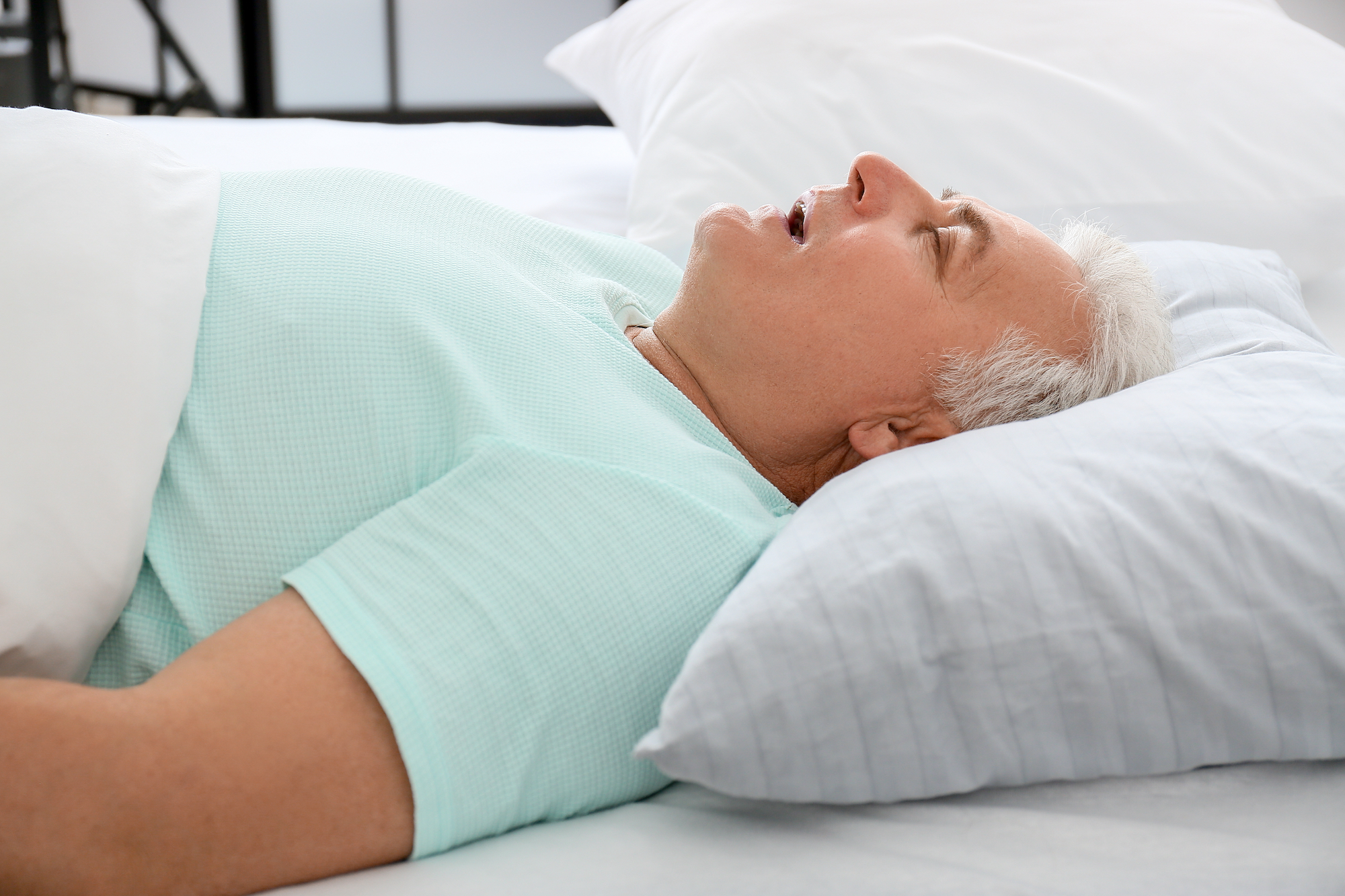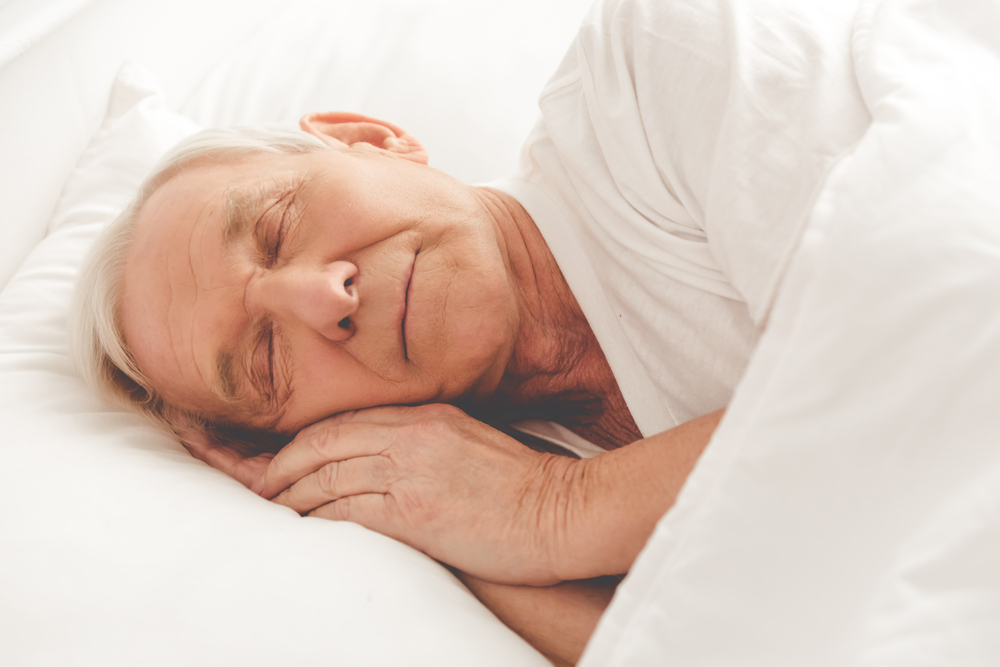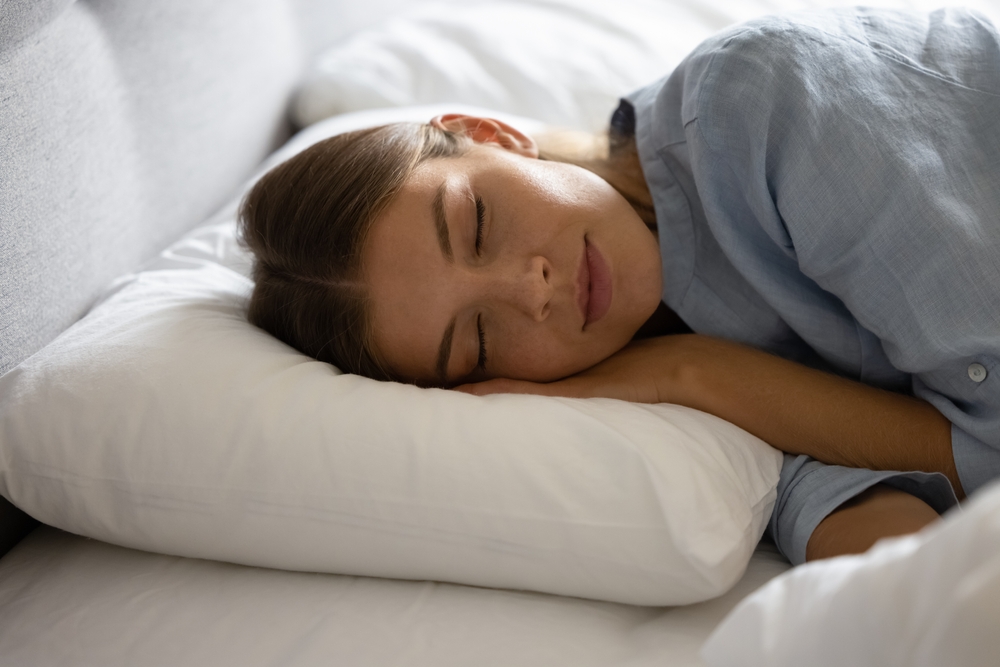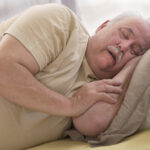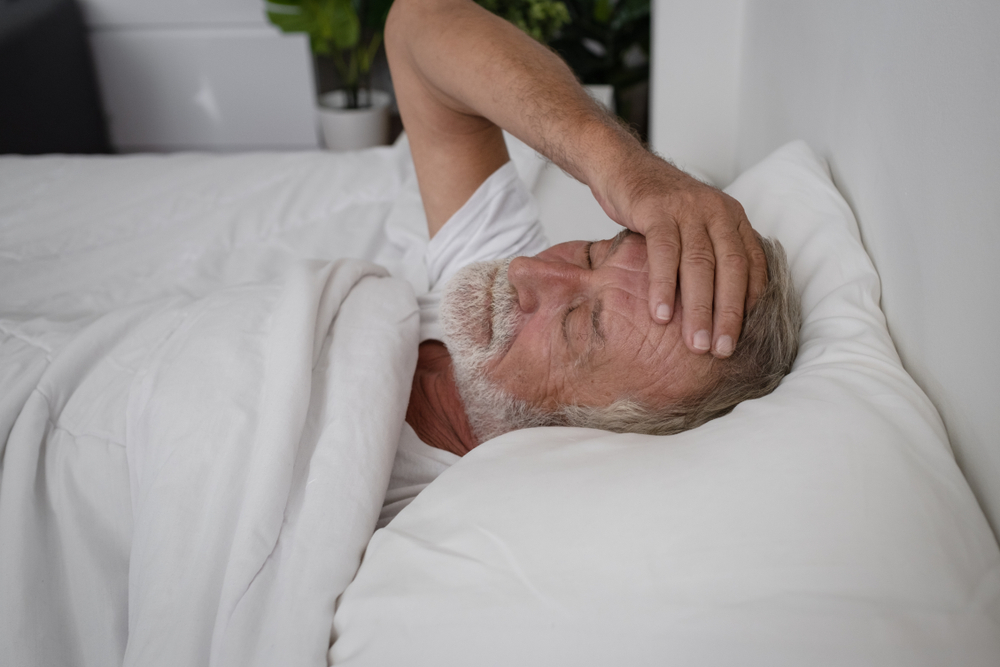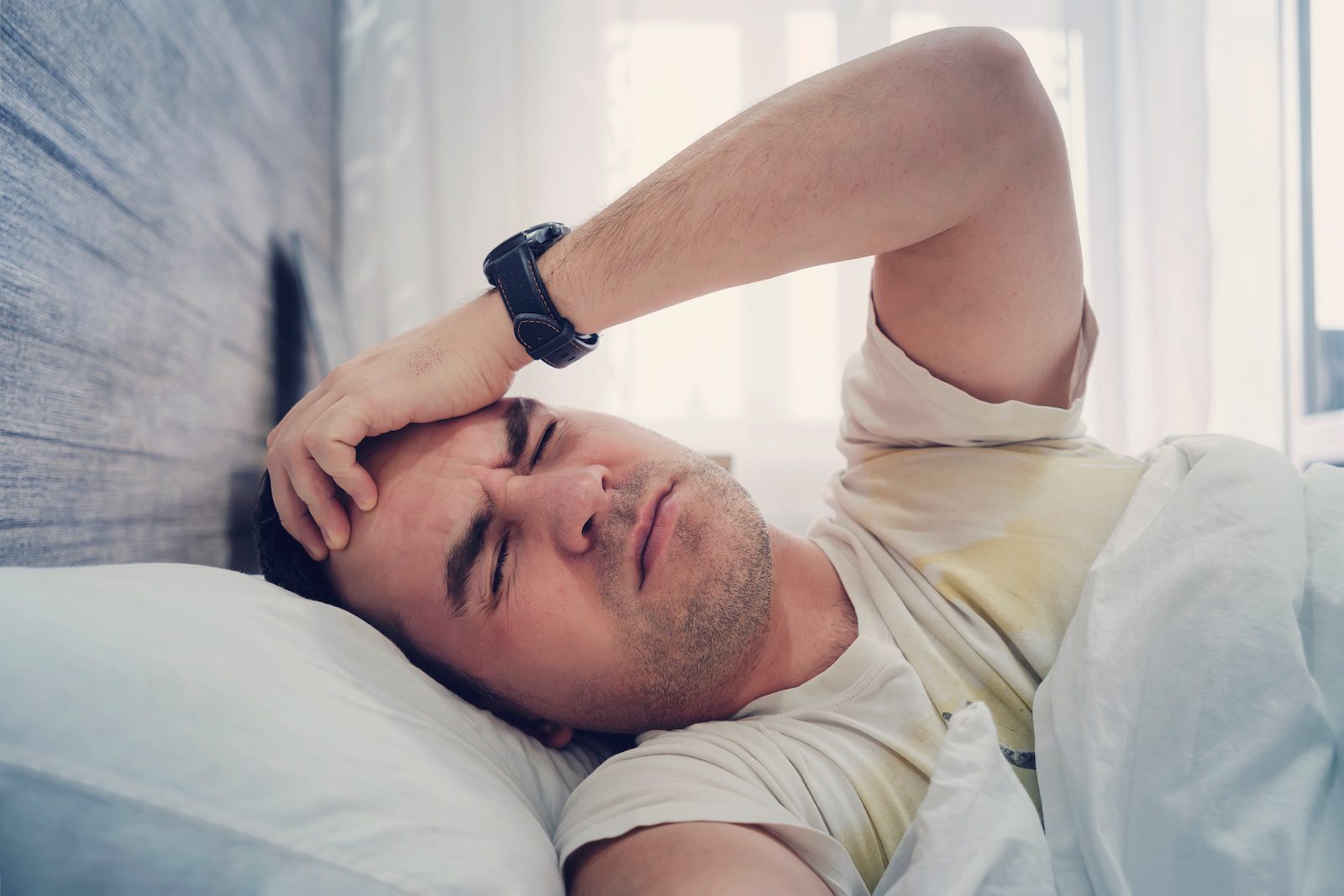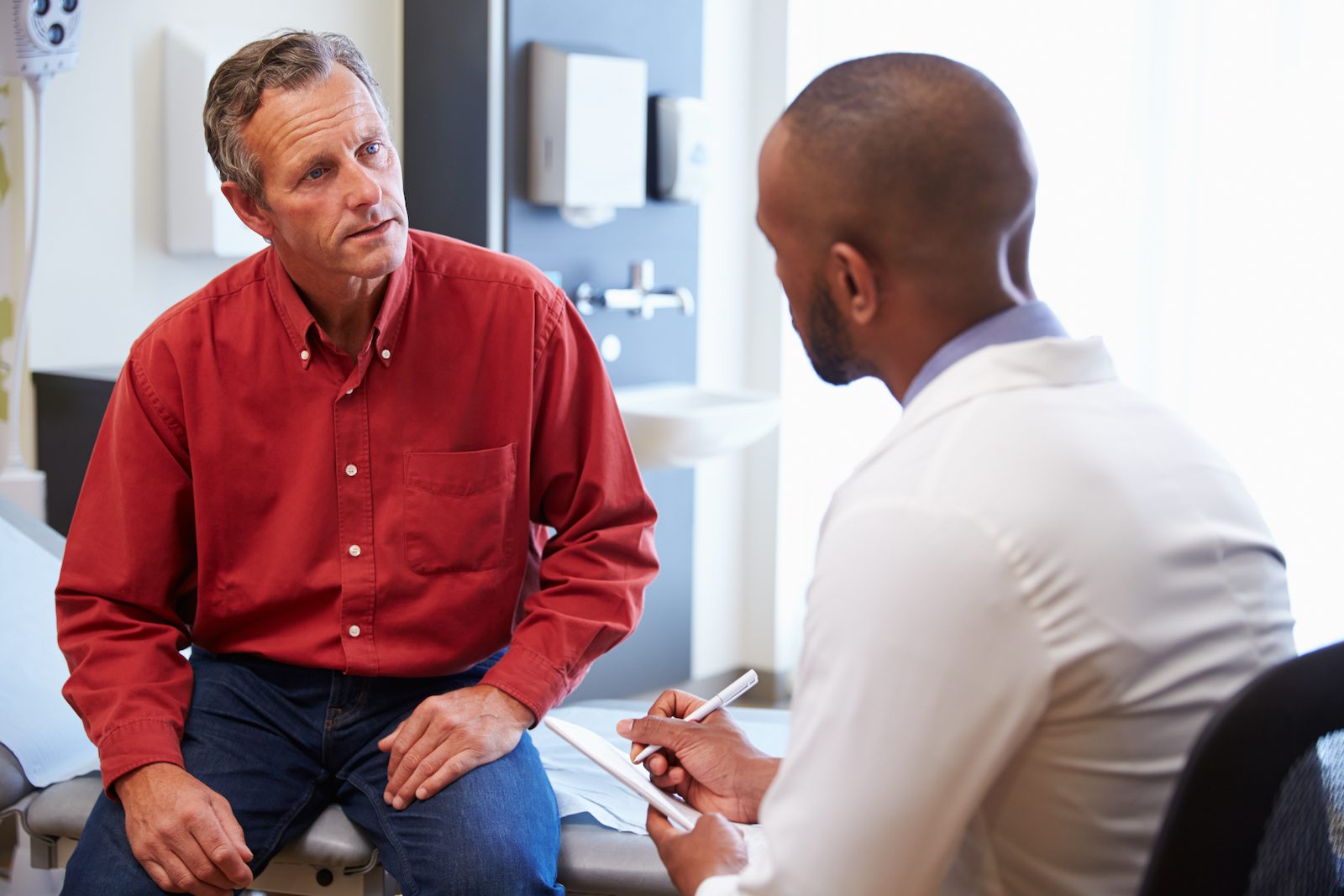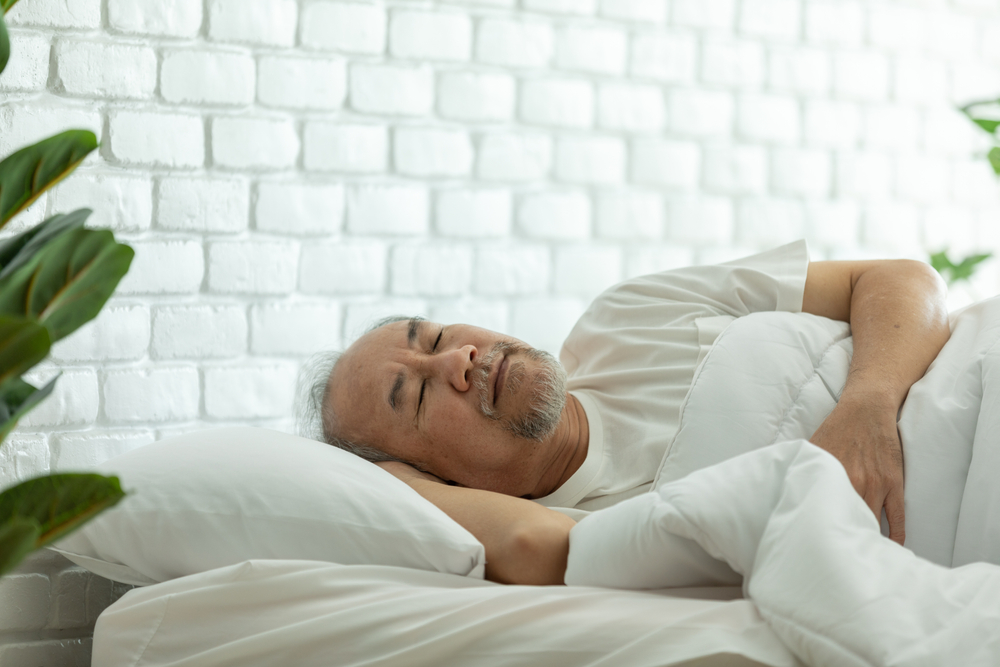Erectile dysfunction (ED) is a condition in which a person can’t attain or keep an erection. While estimates vary, research suggests that about 52% of men and people with a penis experience erectile dysfunction. In people with obstructive sleep apnea (OSA), the percentage of those who have ED increases to as high as 92%.
Obstructive sleep apnea (OSA) and erectile dysfunction both affect millions of people in the United States, leading many to wonder about potential connections between the two conditions.
Can Sleep Apnea Cause Erectile Dysfunction?
Research on the connection between these two conditions is limited, so it’s still unclear whether obstructive sleep apnea can cause erectile dysfunction. However, research does suggest that OSA may be a risk factor for erectile dysfunction. This means that having OSA appears to increase the likelihood that a person will also have difficulty getting and maintaining an erection.
How Erectile Dysfunction and Sleep Apnea are Connected
A common hypothesis is that OSA may lead to erectile dysfunction due to repeated drops in oxygen levels during sleep. Researchers suspect that drops in nighttime oxygen levels contribute to inflammation and changes in the blood vessels that boost the risk of ED.
Other theories point to shared risk factors, the effects of low testosterone, as well as how the effects of OSA on sleep quality, the nervous system, and a person’s mood may increase their risk of ED.
Treatment for Sleep Apnea
There are several treatments for obstructive sleep apnea that help to improve breathing during sleep.
Positive airway pressure (PAP) therapy is usually the primary treatment for OSA. PAP therapy sends pressurized air through a mask worn during sleep to keep the airway open. There are several different types of PAP devices a doctor may prescribe, including CPAP, APAP, and BiPAP. Some studies have found that CPAP therapy can reduce ED in people with OSA.
Other treatments for obstructive sleep apnea include:
- Lifestyle changes: Depending on an individual’s risk factors for OSA, a doctor may recommend several lifestyle changes. These may include getting more exercise, weight loss, changing sleep position, and avoiding alcohol and certain medications.
- Oral appliances: Oral appliances are custom-fitted devices worn during sleep that keep the airway open by shifting the lower jaw forward. These devices must be fitted by a dentist or oral surgeon with experience in treating sleep apnea.
- Surgery: Surgery for sleep apnea may be recommended when other treatments aren’t effective. There are a wide variety of surgeries that may be used depending on an individual’s unique needs.
Treatment for Erectile Dysfunction
To determine the best treatment for erectile dysfunction, A doctor starts by identifying the cause and understanding a person’s individual preferences. They can then discuss lifestyle changes, medications, and other treatments that help people get and maintain an erection.
- Behavior changes: Research shows that increasing physical activity, weight loss, and quitting both smoking and recreational drugs may reduce erectile dysfunction.
- Medications: There are several medications used to treat erectile dysfunction. These medications typically relax certain muscles while causing more blood to flow to the penis.
- Erection devices: Vacuum devices, commonly known as penis pumps, create a vacuum around the penis, drawing blood into it. Once erect, a band is applied at the base to maintain the erection.
- Testosterone replacement: Doctors may recommend testosterone therapy in people who have low levels of this hormone.
- Talk therapy: For some people, anxiety, stress, and other emotional challenges may contribute to erectile dysfunction. Addressing these issues with a trained counselor may be helpful in reducing symptoms.
- Surgery: Doctors may recommend surgery when other treatments don’t reduce erectile dysfunction. Surgical options include a procedure to improve blood flow to the penis or the placement of a prosthetic penis, also called a penile implant.
Still have questions?
Sleep apnea products can be confusing. If you need individualized assistance, send us an email at [email protected] with your questions and we'll help find the best fit for you.



